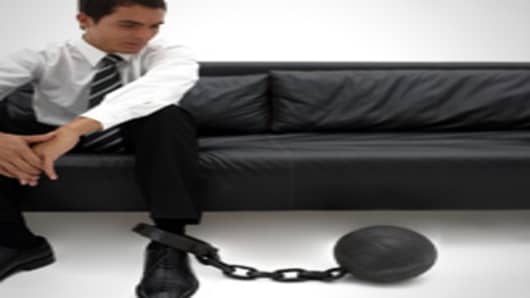Recent polls indicate that far more consumers are concerned about the level of our debt and deficits than they are about unemployment (perhaps because 9 of 10 people who want a job have one, but all 10 are concerned about the now clearer implications of excessive spending and debt accumulation).
So, it would seem to follow that if consumers are most afraid of debt expansion, then more large government programs to “stimulate” the economy might heighten their fears and produce even more contractionary behavior (more saving, postponed buying) which could offset, even overwhelm, any expansionary power the new program might contain.
Measures of consumer and business confidence in August strongly suggest that confidence in the future of the economy deteriorated.
Small business owners were clearly not convinced by the debt ceiling agreement, as sentiment, after eroding by small amounts for 5 months, took a plunge in the August survey, a vote of “no confidence” on policy. Only 7% thought business conditions would be better in 6 months while 41% expected them to be worse, 23 percentage points worse than July. Twenty-one percent expected real sales volumes to rise over the next 3 months, but 34% expected declines, a net deterioration of 12 points from July.


